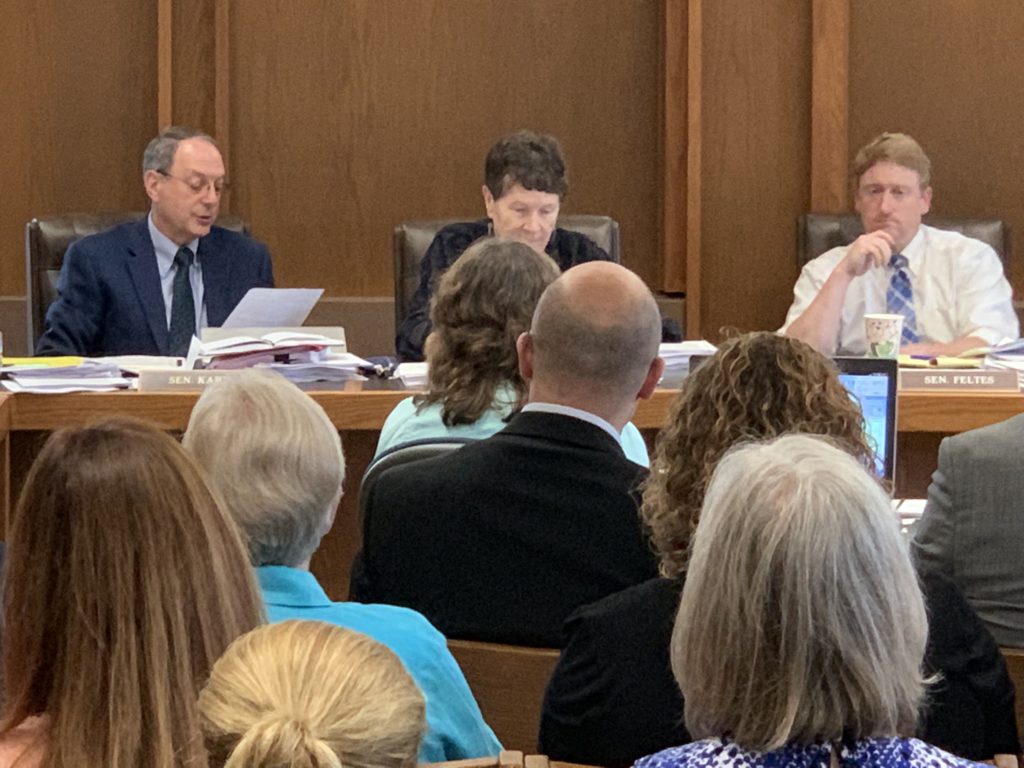NEA-New Hampshire is pleased with today’s Joint Legislative Committee on Administrative Rules (JLCAR) vote to preliminarily oppose the so called Learn Everywhere rules, sending them back to the Department of Education to address a number of very specific objections and the committee’s concerns for special education students.
“We believed from the very beginning that the process used to develop ‘Learn Everywhere’ was deeply flawed due to the lack of input sought, or incorporated from, New Hampshire’s educators,” said Megan Tuttle, NEA-New Hampshire President.
“Some of the conflicts outlined in JLCAR’s objections were the direct result of the exclusion of teacher voices and the dismissal of educator input. Public interest would have been better served by genuinely engaging educators and organizations such as ours earlier on in the development of these rules.

What Happens Next?
JLCAR determined that there are a number of significant issues with the Commissioner’s proposal. Not having a solution to resolve them today, they issued a “preliminary objection.”
The Department of Education now has three options open to it: 1) amend the rules based on the objections, 2) explain why it has not amended the rules, or 3) withdraw the rules entirely. The Department can submit a revised version of the rules, and the Committee will take a second look. During this process, the entire proposal is put on hold. The DOE has up to 45 days to follow one of these courses of action.
After the department submits a response or amended proposal, the Committee will review the changes, and can issue a “final objection” if there are unresolved issues with the amended proposal.
A final objection does not kill the entire proposal, but only the element(s) that receive a final objection: the department may still adopt the part(s) of the rules that receive approval.
The department only gets one chance to revise the proposed rule. They may, however, restart the rulemaking process with the same rule.
“We believe that the so called Learn Everywhere rules should be amended so as not to conflict with existing laws around alternative programs and must be changed in order to accommodate those children who are attempting to earn an education in our public school system and do not have the same means that others might have in order to earn credit under the Commissioner’s new rules.”
